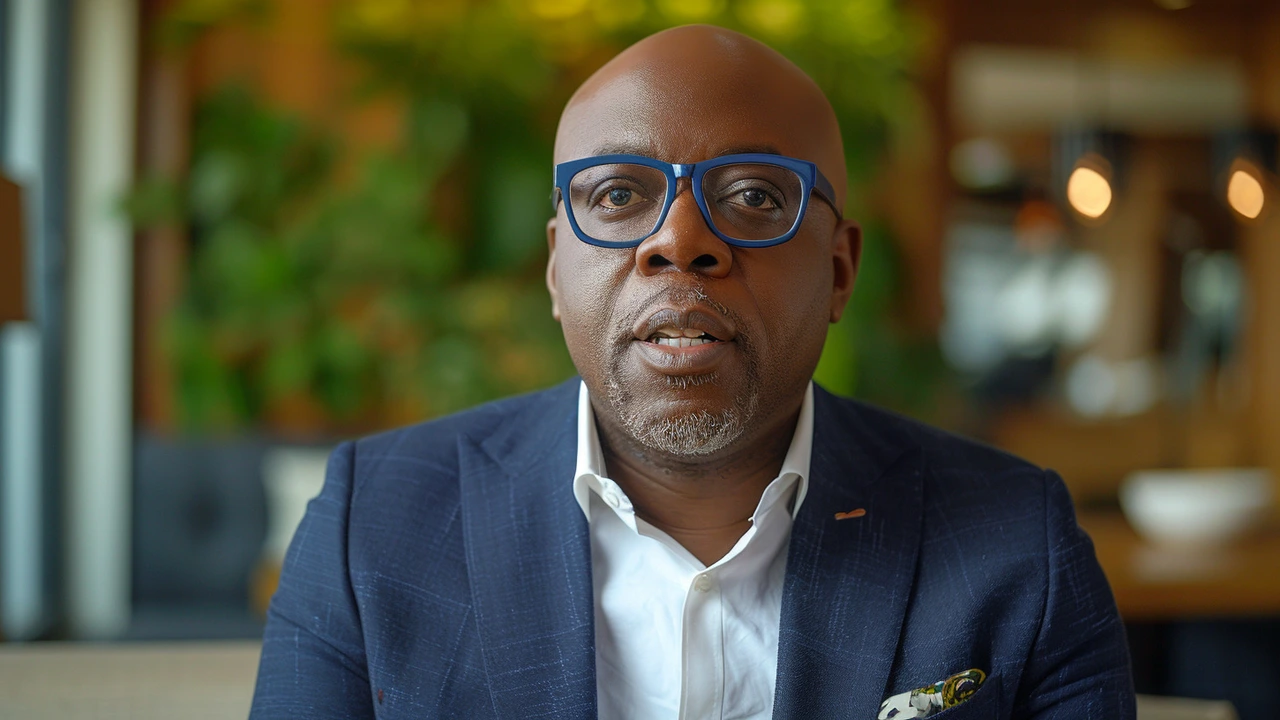Suicide Awareness: Spot the Signs and Get Help Fast
If you ever wonder whether someone is thinking about suicide, you’re not alone. It’s scary, but spotting a few key signs can make all the difference. Below we’ll break down what to look for, how to talk safely, and where to find help right away.
Common Warning Signs You Should Notice
People who are at risk often show changes that stand out. They might:
- Talk about feeling hopeless or being a burden.
- Withdraw from friends, family, or activities they used to enjoy.
- Give away prized possessions or say goodbye in odd ways.
- Show sudden mood swings – calm one minute, angry the next.
- Talk about death, suicide, or self‑harm more often than before.
If you notice several of these together, it’s a clear red flag. Don’t wait for “proof” – act on your gut feeling.
How to Talk and What to Do Next
Approaching the conversation can feel awkward, but being direct saves lives. Try these steps:
- Ask directly. Say something like, “I’m worried you might be thinking about ending your life. Is that true?” It’s okay to use the word ‘suicide’ – it shows you take the issue seriously.
- Listen without judgment. Let them share their thoughts. Don’t argue or dismiss feelings; simply acknowledge how painful things feel for them.
- Show support. Offer to stay with them, call a friend together, or find professional help. Small gestures like “I’m here for you” go far.
- Don’t leave them alone. If they seem unsafe, stay nearby or get someone trustworthy to be with them until help arrives.
After the talk, encourage a professional visit. You can call emergency services (999/112) if you think they might act right away, or contact a local crisis line for immediate advice.
In South Africa, dial 0800 567 567 for the Suicide Crisis Helpline. It’s free, confidential and runs 24/7. If you’re elsewhere, search online for your country’s helpline – most nations have one.
Remember, you don’t need to be a therapist to help. Being present, listening, and connecting someone to professional care is enough to change the outcome.
Take Care of Yourself Too
Helping someone in crisis can be draining. Make sure you have your own support system – talk to a friend, counselor, or join a support group. Taking breaks, staying active and getting enough sleep keeps you clear‑headed for the next time you might need to step up.
Suicide is a serious issue, but with awareness, quick action, and the right resources, we can stop many tragedies before they happen. Keep an eye out, ask the tough questions, and never underestimate the power of showing you care.
Nick Imudia, Former CEO of Konga and D.light, Tragically Commits Suicide Amid Investigation
Nick Imudia, previously the CEO of Konga and at the time of his death the CEO of D.light, has died by suicide. Imudia took his own life by jumping from a storey building on June 25. The Lagos police command is investigating, with the SCID heading the case. Imudia's career included positions at TCL/Alcatel and Microsoft Device and Services. Condolences have been expressed by several industry leaders.
READ MORE
